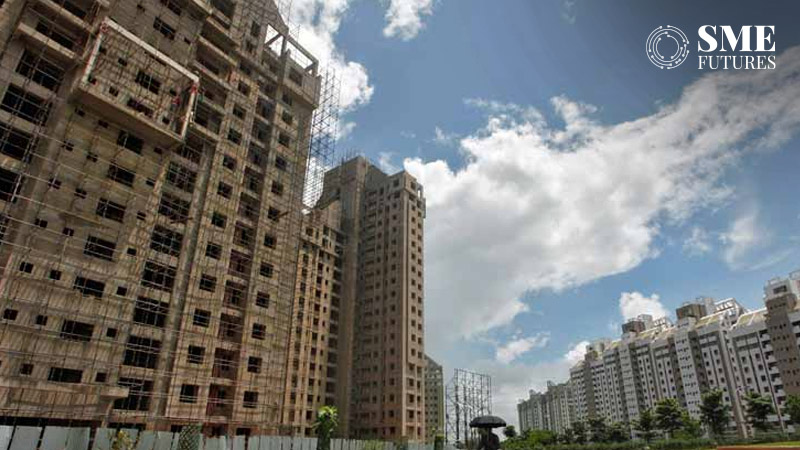In a landmark decision, the Supreme Court of India ruled that real estate companies can claim Input Tax Credit (ITC) under the Goods and Services Tax (GST) regime for construction costs incurred in building commercial structures intended for leasing or renting purposes. This judgement brings clarity on the eligibility of ITC for construction in the real estate sector, which had been a subject of legal ambiguity under the Central Goods and Services Tax (CGST) Act.
The court held that if the construction of a building is integral to providing services such as leasing or renting out, the building may be classified as “plant and machinery” under Section 17(5)(d) of the CGST Act. This provision typically prohibits ITC claims for materials used in the construction of immovable property, unless they are related to plant or machinery.
Plant or machinery definition expanded
Justice Oka, writing for the court, reasoned that under the CGST Act, renting or leasing immovable property is considered a supply of service, which can be taxed as an output supply. Therefore, if the building qualifies as a “plant,” ITC can be claimed on goods and services used in the construction of such immovable property.
“Functionality test will have to be applied to decide whether a building is a plant,” the judgement noted.
This test will assess whether the building plays an essential role in the registered person’s business. For example, a mall, warehouse, or commercial building intended for lease could qualify as a plant, depending on its functionality in the business.
However, the court emphasised that if a building is constructed by the recipient of the service for their own use, the ITC chain would break, and credits would not be available.
Implications for malls, warehouses, and more
The judgement opens the door for entities operating malls, warehouses, and other commercial properties to claim ITC for taxes paid on inputs and input services used in construction. However, the ruling does not extend this benefit to hotels and cinema theatres. The court directed that in each case, a factual inquiry must be undertaken to determine whether the building meets the definition of “plant” based on its functional role.
Ranjeet Mahtani, Partner at Dhruva Advisors, commented on the judgement, stating, “The Supreme Court’s decision is significant as it reaffirms the fundamental principle of ITC within the GST framework. By acknowledging that a building can qualify as a plant in certain factual scenarios, the judgement provides clarity to businesses and ensures that input tax credits, the bedrock of the GST system, are available to eligible entities.”
Mahtani further noted that the distinction between “plant or machinery” and “plant and machinery,” which are used differently in the tax statute, was affirmed. The ruling clarifies that the phrase “plant or machinery” is more expansive and, in certain circumstances, could include buildings used for leasing or renting.
A case-by-case determination
The Supreme Court’s decision provides flexibility for real estate companies and commercial property owners. However, the court ruled that each case must be evaluated individually, with the functional role of the building in the business being the key determinant of whether ITC can be claimed. This ruling marks a major development for the real estate sector, which can now benefit from GST credits on construction costs in specific cases.











